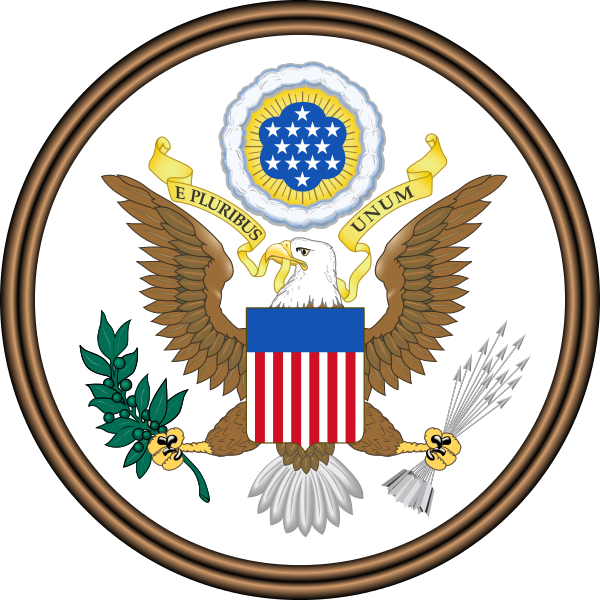
Summary: The patent policy and the so-called 'reform' in the US is still corporations-leaning, showing quite clearly the power that large corporations have over the government
OVER the coming few weeks we will gradually catch up with September news regarding patents. Software patents are our primary point of focus. The urgent news, however, is that a reform or several reforms have been put forth, neglecting the fact that a lot of litigation, extortion and other patent-based abuse come from practising companies, not patent trolls.
Articles are doing "anything to distract from the cause of the problem -- software patents," as
iophk rightly put it, pointing to
this article from Ars Technica. The FTC is going after trolls, but not the core issues or the companies that help trolls (Microsoft for example).
It's not just the US which thinks about patent reform. In Brazil, for example, there are "ten or so pages concerning software patents," writes Rene Mages (FFII), "beginning at page 199" of
this document [PDF].
As
Patent Progress helps show,
evidence suggests that patent scope is the issue. According to this blog post, "PatentFreedom found that we’ve gone from about 168 companies defending themselves against business method patents in 2004 to 1423 in 2012. That’s almost a ten-fold increase in less than a decade! In fact, nearly 4 out of every 10 patent troll lawsuits now uses a pure business method patent."
Patent scope is the issue, not the scale of plaintiffs. The "troll" angle is not worth entertaining much, but propaganda around it
has grown synonymous with reform (at the expense of patent scope).
Against Monopoly does not think that the existing patent reform draft will be pass at all. To quote:
Given the balance of forces in the Congress, passage seems questionable but one can always hope.
This so-called "patent reform" -- like 'reforms' before it -- is probably just a waste of time, a distraction, and a way to pretend that real problems are being addressed when in fact hardly anything improves, except for large corporations (they tend to not like smaller patent aggressors; they want a monopoly -- or oligopoly like CPTN -- on patent aggression).
⬆
Wikipedia
defines reform as "the improvement or amendment of what is wrong, corrupt, unsatisfactory, etc." Removing the influence of corporations over US Congress would be the first (and prereqisite) reform that is needed right now. It's an inherently self-defensive barrier to progress which Professor Larry Lessig has been writing quite a lot about recently.
⬆

